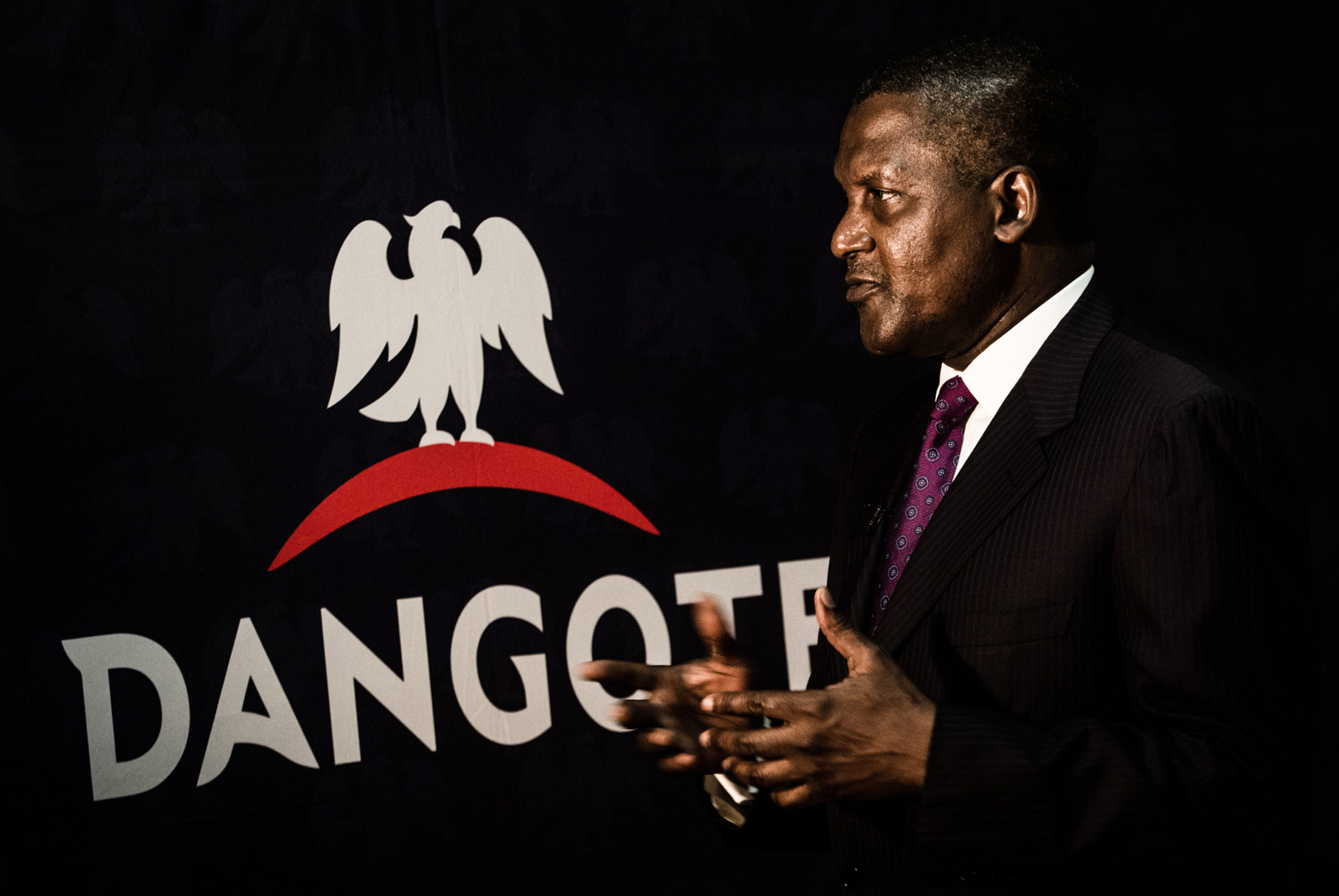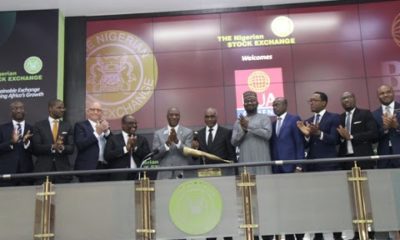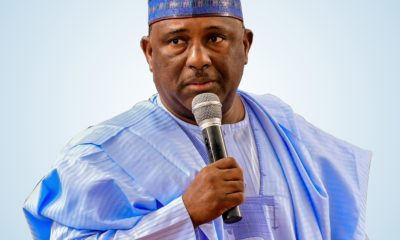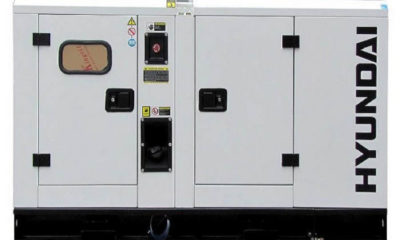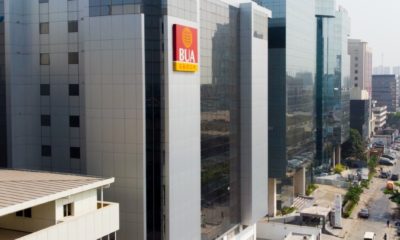- Dangote/BUA Rift: Edo Shuts Obu Mines
The Edo State Government has ordered the immediate shutdown of the mines in dispute between the Dangote Group and BUA International Limited at Obu in Okpella community, Etsako East Local Government Area of the state.
This just as leaders of the community have called on President Muhammadu Buhari to intervene in the matter in order to ensure an amicable resolution and avert a crisis.
Governor Godwin Obaseki, who announced the closure of the mines during a meeting with some leaders from Okpella at the Government House, Benin City on Monday, explained that the decision was based on a directive from the Federal Ministry of Mines and Steel Development, and the need to prevent the breakdown of law and order in the area.
There had been claims and counter-claims about the ownership of the mines by the Dangote Group and BUA Group.
The Executive Director, Dangote Group, Mr. Devakumar Edwin, had in a statement on Sunday accused the BUA Group of illegal mining limestone deposits in its (Dangote) Mining Lease No. 2541.
However, BUA, through its Group Head of Corporate Communications, Otega Ogra, not only denied the allegation, but also accused the Dangote Group of ignoring a judicial process on the matter, adding that the firm had mining rights to the sites with ML 18912 and ML 18913.
But Obaseki said that the state government was following the rule of law by ensuring that laid down procedures for addressing such a dispute were adhered to.
He explained, “What we understand as a government is that there is a dispute or claims between two parties over an existing mining right and the Mining Act of 2007; the Federal Ministry of Mines, through its cadastre office, decides on who to and how to issue leases.
“In this particular case, there are multiple claims and they have now gone to court. We have documents from the Federal Ministry of Mines instructing that the party currently mining that particular site should vacate pending the outcome of the decision in court.
“So, the position of the Edo State Government today is that the court orders must be obeyed. The Federal Government’s instructions must be obeyed. That mine should be shut until the determination of the suit in court. Whoever the court says owns it will now have claim to the mine.”
The governor also allayed the fear that a total shutdown of the site would affect revenue generation as the factory located therein would still be functional.
Obaseki added, “My understanding is that this is one of several mines available to investors and I am not sure that it will affect the revenue, because I am not sure it will lead to a shutdown of that particular factory.
“In any case, we have to understand that both companies are currently building factories. BUA is expanding, Dangote is building and there is enough limestone in the area to feed all the plants. So, I am sure it is going to be resolved.”
Meanwhile, the affected community maintained that Obu was located in Edo State and not in Kogi State as was allegedly described by the ministry.
The community in an open letter signed by its lawyer, Mr. Ayuba Giwa, added, “In the result, the Presidency is prayed to do justice to all parties in this matter, including and particularly Okpella, where the host community of Komunio belongs, and in accordance with the Mining Cadastre Office’s new template for processing of consent for the acquisition of mineral rights/titles in Nigeria.”
In its reaction to the latest development, BUA said in a statement on Monday, “We heard of the alleged closing down of the Obu mines in Okpella, Edo State by the Governor of Edo State. Whilst this remains in the territory of hearsay, our position on this matter remains very clear. Just as the Edo state Government said in its statement, this is an issue no state government has jurisdiction over as it is a federal Issue.
“It is, however, interesting to note that the mine under contention, ML2541, has been claimed repeatedly by the Ministry of Mines and Dangote to be in Okene, Kogi State. Thus, we are curious and are at a great loss as to why the governor of Edo State is closing down a mine in Edo State, which has been claimed by the other parties involved to be outside his state in Okene, Kogi State and which the purported ML2541 licence also states clearly.
“The Ministry has written us prior and our response was published in our open letter to the President of the Federal Republic of Nigeria on December 4, 2017. This case remains in a competent court of jurisdiction, which has ordered all parties – BUA, Dangote, the Ministry of Mines and others – to maintain the status quo and we will continue to abide by the dictates of the court as a responsible corporate citizen.
“We are, however, yet to receive some form of official communication asking us to close our mining sites ML18912 and ML18913 in Edo State, thus this alleged closing down report still remains in the territory of hearsay. We will respond accordingly when and if we get an official communication from the proper authorities.”

 Forex3 weeks ago
Forex3 weeks ago


 Naira2 weeks ago
Naira2 weeks ago
 Billionaire Watch2 weeks ago
Billionaire Watch2 weeks ago






 Naira3 weeks ago
Naira3 weeks ago






 Naira2 weeks ago
Naira2 weeks ago


 Naira1 week ago
Naira1 week ago




 Naira4 weeks ago
Naira4 weeks ago






 Naira1 week ago
Naira1 week ago
